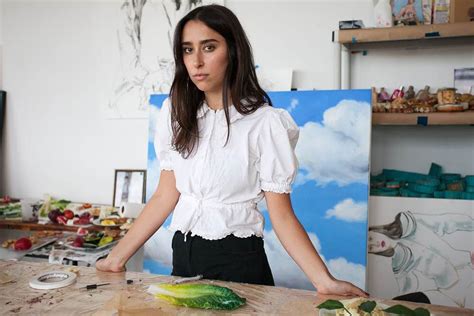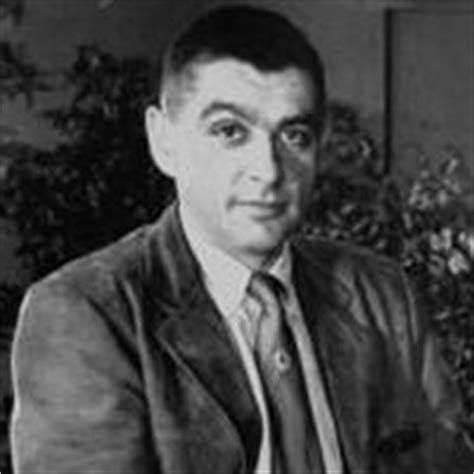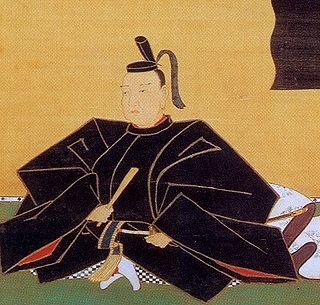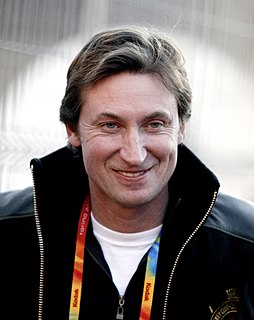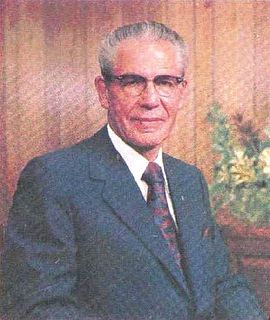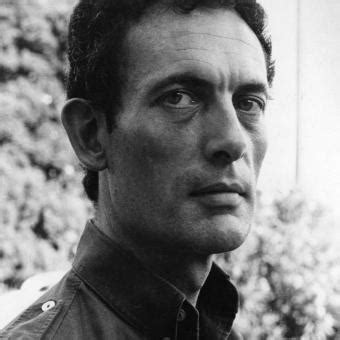A Quote by Edmund Husserl
Philosophers, as things now stand, are all too fond of offering criticism from on high instead of studying and understanding things from within.
Related Quotes
As an actor you're only as good as the things you're offered. And there just weren't any female directors offering me things. So when you dissect that, you realize there aren't women offering you things because they don't have the opportunities. I work to raise money for women's cancers; I use my voice for violence against women.
The only way to make a criticism of something is to really participate in it. I'm a completely capitalist person. I participate in commodity culture and the fashion world. High art is a money-making vehicle. We're not making art in a vacuum. We're not shopping in the woods. These are all things that we do within the larger system of capitalism. For me to critique it, I'm also participating in it. That's obvious, I feel. In my work, I participate in the things that I critique. I satirize the things that I love and know well and find problematic.
Few of us will do the spectacular deeds of heroism that spread themselves across the pages of our newspapers in big black headlines. But we can all be heroic in the little things of everyday life. We can do the helpful things, say the kind words, meet our difficulties with courage and high hearts, stand up for the right when the cost is high, keep our word even though it means sacrifice, be a giver instead of a destroyer. Often this quiet, humble heroism is the greatest heroism of all.
I think one reason is that philosophers are more insecure to speak accessibly because non-philosophers are skeptical that philosophers have any special expertise. After all, all people - not just philosophers - have attitudes and points of view on various philosophical questions, and they rather resent being told that there are professionals who can think about these things better.
Unless you're fond of hollering you don't make great conversations on a running cycle. Instead you spend your time being aware of things and meditating on them. On sights and sounds, on the mood of the weather and things remembered, on the machine and the countryside you're in, thinking about things at great leisure and length without being hurried and without feeling you're losing time.
In studying music, you're dealing with a person, not just what comes to you on a piece of paper, and it's important to get hold of what it is that lies between that person as a person, and the things which they're producing on the paper. I don't know whether I see things in too complex a fashion, but often people will do things which are not actually their nature, but will do things because they think that's what they should do.
All things in this creation exist within you and all things in you exist in creation; there is no border between you and the closest things, and there is no distance between you and the farthest things, and all things, from the lowest to the loftiest, from the smallest to the greatest, are within you as equal things.


